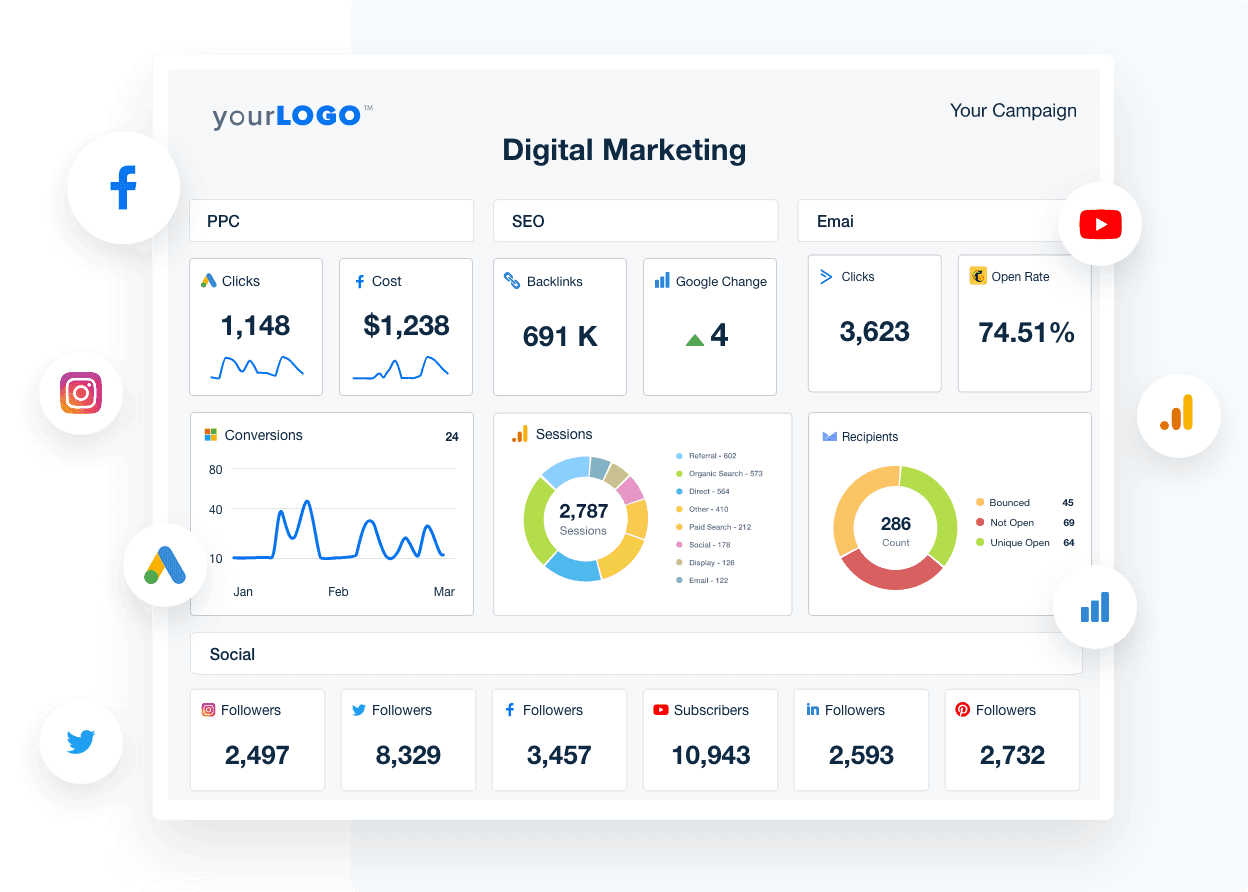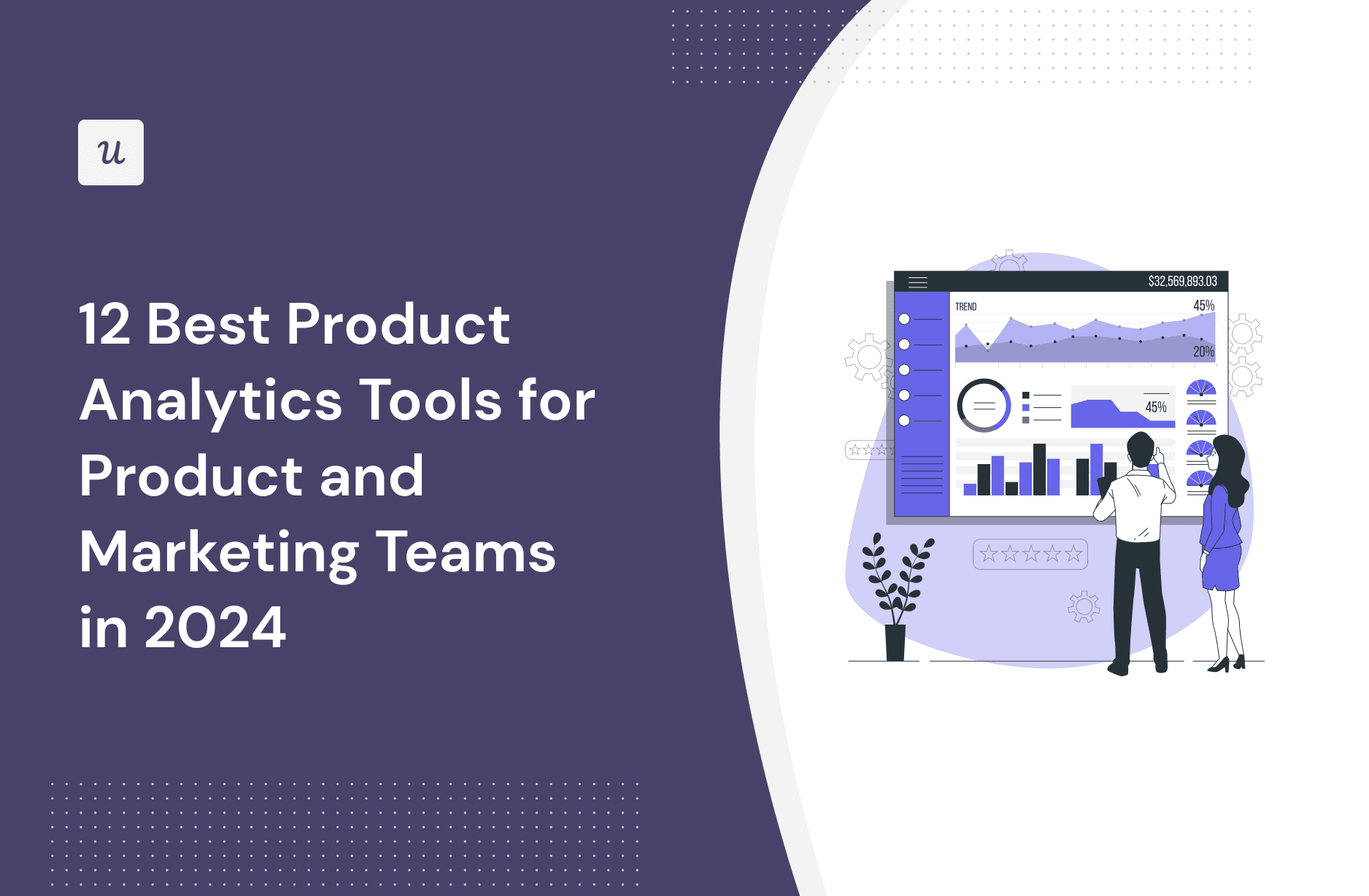Encourage Your Team with Actionable Insights from Analytics
Encourage Your Team with Actionable Insights from Analytics
Blog Article
Increase Effectiveness and Profitability Through Data Analytics
In today's data-driven landscape, services are significantly identifying the crucial duty of information analytics in improving functional effectiveness and success. By systematically evaluating data, organizations can reveal important insights that educate critical decisions, improve processes, and tailor consumer experiences (Analytics). The obstacle lies not just in the application of these analytical devices however likewise in understanding just how to equate information into workable results. As we explore the subtleties of efficient data-driven strategies, the effects for both short-term gains and long-term success ended up being increasingly clear. What might these understandings expose for your company?
Recognizing Data Analytics
In today's data-driven landscape, recognizing data analytics is necessary for organizations aiming to boost operational effectiveness and drive productivity. Data analytics includes the organized computational analysis of data collections to reveal patterns, correlations, and insights that educate decision-making. By employing different strategies, such as analytical evaluation, device discovering, and anticipating modeling, companies can transform raw data into workable knowledge.
The procedure typically begins with data collection, where appropriate info is collected from numerous sources, including transactional databases, consumer communications, and market patterns. This data is after that cleaned and arranged to make certain accuracy and consistency. As soon as the data is prepared, logical tools and software are made use of to check out and visualize the info, enabling stakeholders to determine anomalies and patterns.
Eventually, understanding information analytics encourages companies to make informed choices based on empirical evidence as opposed to intuition. It assists in targeted approaches that can optimize source allotment, boost client complete satisfaction, and improve overall efficiency. As organizations significantly identify the value of data-driven insights, a strong understanding of data analytics becomes an important proficiency for leaders and teams alike, placing them for sustained success in an affordable atmosphere.

Secret Benefits for Services
Companies that utilize information analytics can open a wide variety of advantages that substantially enhance their procedures and profitability. Among the primary benefits is boosted decision-making. Data analytics gives actionable insights stemmed from real-time data, permitting businesses to make educated selections that line up with market needs and consumer preferences.

Furthermore, data analytics promotes boosted client experiences. By comprehending client habits and choices, companies can tailor their offerings, bring about raised complete satisfaction and commitment. This customized technique often results in higher conversion rates and repeat company.
Additionally, information analytics makes it possible for organizations to recognize arising patterns and chances. By staying in advance of the curve, organizations can maximize brand-new markets and technologies prior to their competitors.
Applying Data-Driven Strategies
Effective application of data-driven strategies requires a comprehensive understanding of both business objectives and readily available data resources. Organizations has to initially define their objectives plainly, making sure positioning in between data initiatives and critical goals. This clearness enables groups to concentrate on relevant metrics and understandings that drive decision-making.
Next, businesses should analyze their existing data framework. This includes assessing information top quality, availability, and assimilation capacities. Top notch information is vital for accurate analysis, as poor information can result in misguided techniques and wasted sources. Organizations must develop procedures for data collection, cleaning, and monitoring to preserve information integrity.
Additionally, fostering a data-driven culture is crucial. Workers in all levels must be encouraged to leverage data in their everyday procedures. Educating workshops and programs can boost data proficiency, encouraging staff to make educated choices based upon logical insights.
Tools and Technologies Introduction
A durable suite of technologies and tools is crucial for companies intending to harness the complete capacity of data analytics. These devices assist in the collection, processing, and visualization of data, allowing services to acquire workable understandings.
At the fundamental degree, information monitoring systems such as SQL data sources and NoSQL systems supply efficient information storage space and access capacities. For information handling and evaluation, programs languages like Python and R, in my company addition to structures such as Apache Glow, allow intricate calculations and machine learning applications.
Visualization tools, including Tableau and Power BI, transform raw information into intuitive visual layouts, making insights easily accessible to stakeholders in all degrees. Additionally, cloud-based platforms like Google Cloud and AWS provide scalable storage space and handling options, suiting the expanding volumes of information companies come across.
For sophisticated analytics, predictive modeling and AI-driven solutions are significantly embraced, allowing firms to anticipate trends and boost decision-making processes. Incorporating these devices right into existing workflows is paramount; companies that effectively leverage this modern technology can considerably enhance functional efficiency and drive productivity. Therefore, investing in the right tools and technologies is a calculated necessary for any type of data-driven organization.
Instance Studies of Success
Leveraging data analytics has actually led numerous organizations to attain remarkable enhancements in performance and profitability. One significant instance is a huge retail chain that implemented predictive analytics to enhance supply monitoring. By analyzing historical sales data and client fads, the company decreased excess stock by 30%, causing substantial price savings and improved cash money circulation.
Another example can be found in the manufacturing industry, where a leading automobile producer used information analytics to boost its manufacturing view it procedures. By monitoring maker performance in real-time, the organization determined ineffectiveness and bottlenecks, resulting in a 20% increase in overall tools performance (OEE) This not just enhanced manufacturing prices however also minimized downtime and maintenance prices.

These study show exactly how information analytics can drive strategic decision-making, maximize processes, and inevitably enhance both performance and success throughout different fields.
Final Thought
In final thought, the combination of information analytics right into organization procedures offers significant opportunities for enhancing efficiency and earnings. By their website methodically assessing information, organizations can determine ineffectiveness, enhance consumer experiences, and make notified decisions.
In today's data-driven landscape, comprehending data analytics is necessary for companies intending to enhance functional performance and drive productivity. Information analytics includes the methodical computational analysis of information collections to discover patterns, correlations, and insights that educate decision-making. Information analytics offers actionable understandings acquired from real-time data, allowing organizations to make enlightened options that align with market needs and customer preferences.
High-quality information is necessary for precise evaluation, as bad data can lead to illinformed approaches and thrown away sources. Organizations should develop procedures for data collection, cleansing, and administration to maintain data integrity.
Report this page